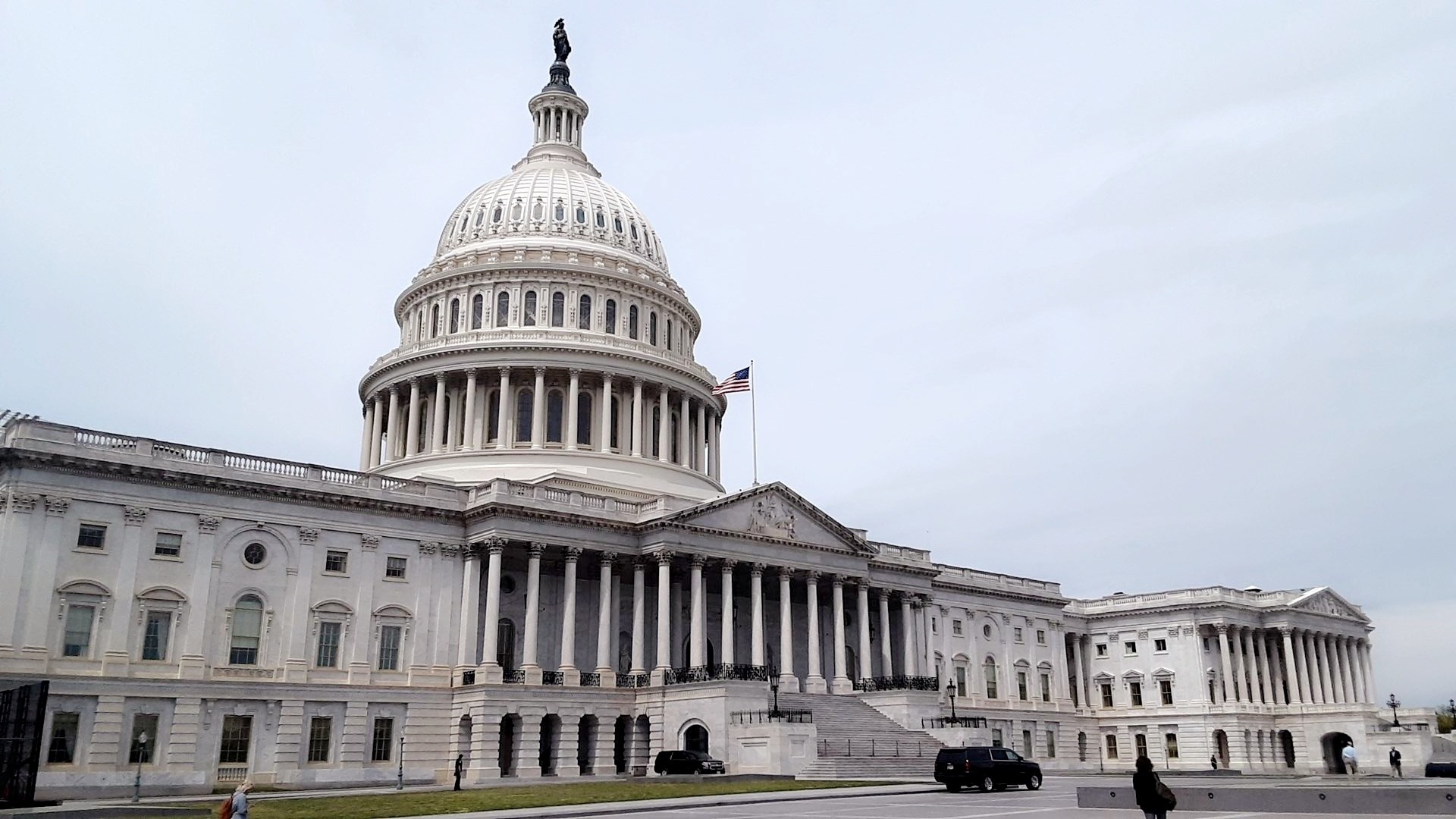All dictators confront threats to their survival in office. One strategy to mitigate threats is to share power with threatening actors, which is empirically common and the subject of much academic research. For example, a ruler can offer positions in the cabinet or the legislature to co-opt members of mass societal opposition organizations or of different ethnic groups. Ostensibly, the goal of any power-sharing arrangement is to prevent violent overthrow, but is this strategy effective? Under what conditions do dictators share power, rather than marginalize challengers?
I provide a new formal theory that helps us to better understand the tradeoffs that dictators face when they contemplate sharing power. I do so by considering two ways in which sharing power affects the challenger’s coercive capabilities. One effect enables the ruler to better commit to more spoils for the challenger in the future. By making the status quo more palatable, this effect discourages the challenger from attempting to violently overthrow the ruler. The logic of the commitment effect is as follows. Any challenger is only periodically able to mobilize force against the ruler, that is, to enjoy “moments in the sun.” A power-sharing arrangement brings the challenger closer to the center of power, which enables them to enjoy moments in the sun more frequently. This, in turn, enables the ruler to commit to distribute greater spoils in the future.
But sharing power also triggers a threat-enhancing effect. Greater coercive capabilities for the challenger enable not only more frequent moments in the sun, but also greater prospects for the challenger to win if they attempt to overthrow the ruler. This effect makes them harder to buy off, which imperils the dictator’s survival.
The ruler makes a conscious choice regarding how much power to share with the challenger, knowing that each of these two effects follows. The first step to understanding the power-sharing choice is to assess how the challenger’s coercive capabilities affect its desire to fight—that is, when we treat these capabilities as given while setting aside the strategic considerations that influence the challenger’s capabilities. Given the countervailing commitment and threat-enhancing effects, the overall relationship is not obvious.
If coercive capabilities are really low, then the challenger is very unlikely to win. Given this low threat, they choose to not fight the ruler. But if the challenger’s coercive capabilities are really high, then they are able to mobilize so frequently that fighting is unnecessary. In this case, the ruler can commit to lucrative spoils over time, which eliminates the motive to fight. Combining these two considerations shows that only an intermediate-capable challenger ever fights in equilibrium. Thus, the three strategically distinct ranges of the challenger’s coercive capabilities are “low,” “intermediate,” and “high.”
This logic enables studying the ruler’s optimal choice over how much power to share and how this choice affects survival in office. The key parameter of interest expresses the challenger’s baseline coercive capabilities, that is, if the ruler does not share any power. The ruler can choose to bolster the challenger’s capabilities by as much as she desires, which corresponds to the amount of power shared. However, she cannot lower these capabilities below the baseline. If the challenger’s baseline capabilities are either “low” or “high,” then the ruler faces no incentive to share power. The only possible benefit of sharing power is to prevent the challenger from fighting, which is already guaranteed in the “low” and “high” capability ranges.
The power-sharing decision is more strategically interesting if the challenger’s baseline coercive capabilities are “intermediate.” In this range, the challenger will attempt to violently overthrow the ruler if not delegated any power. In this case, it might seem obvious that the ruler would share power—specifically, bolstering the challenger’s capabilities by enough to move them from the “intermediate” to the “high” range. Indeed, for some parameter values, the ruler does share power for this reason.
However, the ruler may refuse to share power even if doing so is necessary and sufficient to prevent conflict. This is surprising when we consider a common premise in theories of authoritarian politics: dictators prioritize survival over all other goals. However, in the model, the ruler seeks to maximize her lifetime stream of rents. Survival is one component of this goal, as the ruler can consume spoils only when in office. Yet the drawback of sharing power for the ruler is that, by bolstering the challenger’s coercive capabilities, she concedes more rents. If the challenger’s baseline coercive capabilities are at the low end of the “intermediate” range, then the dictator would have to share a considerable amount of power to move the challenger into the “high” range. Consequently, the ruler prefers to maximize her rents in the medium term despite knowing that she will face a violent challenge (far) in the future, opposed to drastically reducing her rents in the medium term to ensure survival forever.
Overall, this logic provides new insights into the two motivating questions. First, is sharing power effective at preventing violent overthrow? Only sometimes. Sharing power enables the ruler to commit to distributing more spoils, which mitigates against attempts at overthrow. However, if sharing power bolsters the challenger’s coercive capabilities from a “low” to an “intermediate” value, then this choice would hasten overthrow by enhancing the threat posed by the challenger. Second, under what conditions do dictators share power? For inherently “weak” or “strong” challengers, the ruler’s survival is assured even without sharing power. This removes the incentive to do so. The ruler might share power with an “intermediate”-strong challenger. However, even in this scenario, power sharing is not guaranteed because of the lost rents—despite provoking avoidable conflict.
This blog piece is based on the article “Strategic Power Sharing: Commitment, Capability, and Authoritarian Survival” by Jack Paine, forthcoming in the Journal of Politics, April 2022.
About the author
Jack Paine- University of Rochester
Jack Paine is an associate professor in the political science department at the University of Rochester. His work lies at the intersection of comparative politics, international relations, and applied formal theory. More specifically, he studies power sharing in authoritarian regimes and consequences for conflict, colonial origins of democracy and dictatorship, democratic backsliding, and the resource curse. You can find more information regarding his research here and follow him on Twitter: @jackpaine_prof


